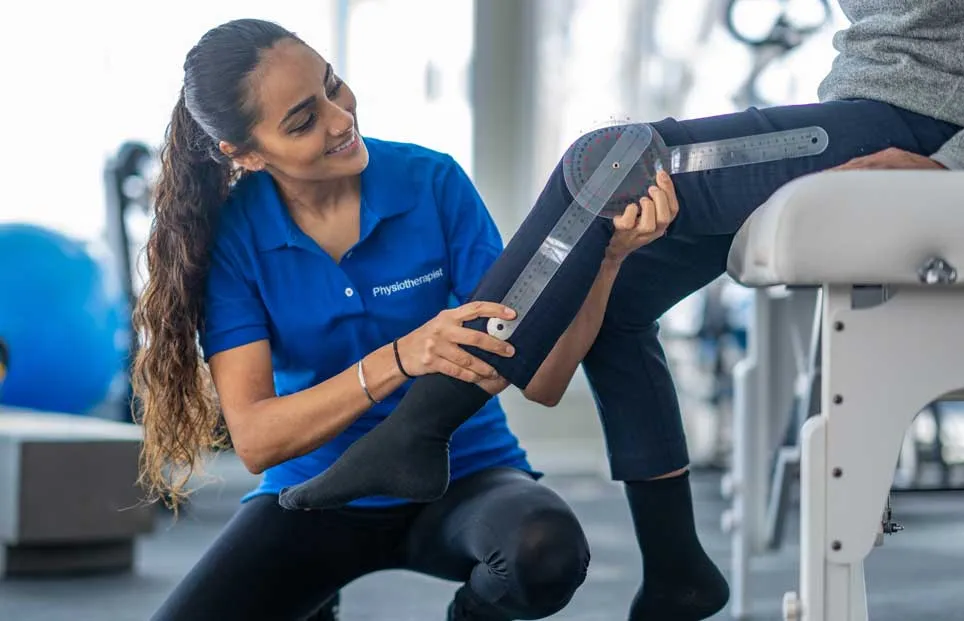The Crucial Effect of Strength Training on Improving Recovery and Effectiveness in Athletic Rehabilitation
The Crucial Effect of Strength Training on Improving Recovery and Effectiveness in Athletic Rehabilitation
Blog Article
Strength training holds a vital part in sports recovery, assisting sportspeople recover from traumas and improve their general capabilities. When an athlete gets hurt, their body needs period to heal. However, during this rehabilitation period, it is essential to maintain power and flexibility to avoid additional injuries. Resistance training can be customized to suit the requirements of each athlete, concentrating on particular muscle areas that may have been affected by the trauma. This targeted approach not only aids in recovery but also prepares the individual to return to their activity stronger than before.
One of the main benefits of resistance training in recovery is its ability to enhance muscular power and endurance. When muscular tissues are stronger, they can more effectively stabilize joints and minimize the chance of recurrence of injury. For example, an individual recovering from a leg injury can gain from exercises that fortify the thigh muscles and hamstrings. These muscles play a crucial part in stabilizing the leg joint. By including resistance training into their recovery program, athletes can regain their strength more effectively and safely.
In furthermore to developing power, strength conditioning also enhances flexibility and scope of motion. Many traumas can lead to rigidity in the injured area, causing it difficult for individuals to move freely. Strength training workouts often involve extending and lengthening the muscular tissues, which can assist restore mobility. For example, incorporating weight straps or weights into flexibility programs can enhance the efficacy of these exercises. visit As flexibility enhances, individuals can perform actions more effectively, which is crucial for optimal capabilities in their activity.
Another crucial factor of resistance conditioning in sports rehabilitation is its positive effect on psychological health. Recovering from an trauma can be a difficult and frustrating experience for athletes. Participating in resistance training can provide a sense of achievement and enhance confidence. As athletes see improvements in their power and capabilities, they may feel more motivated to continue their recovery process. This mental boost can be just as important as the bodily advantages, as a positive mindset can result to improved outcomes in recovery.
Finally, resistance conditioning can assist individuals move back to their activity more seamlessly. Once they have regained their strength and mobility, individuals need to practice activity-specific actions to ensure they are ready for contests. Strength training can be integrated with sport-specific exercises to create a holistic recovery program. This blend allows individuals to not only heal but also improve their capabilities. By focusing on both rehabilitation and capabilities, resistance training becomes an crucial instrument in the rehabilitation process, assisting individuals come back to their sport stronger and more durable.